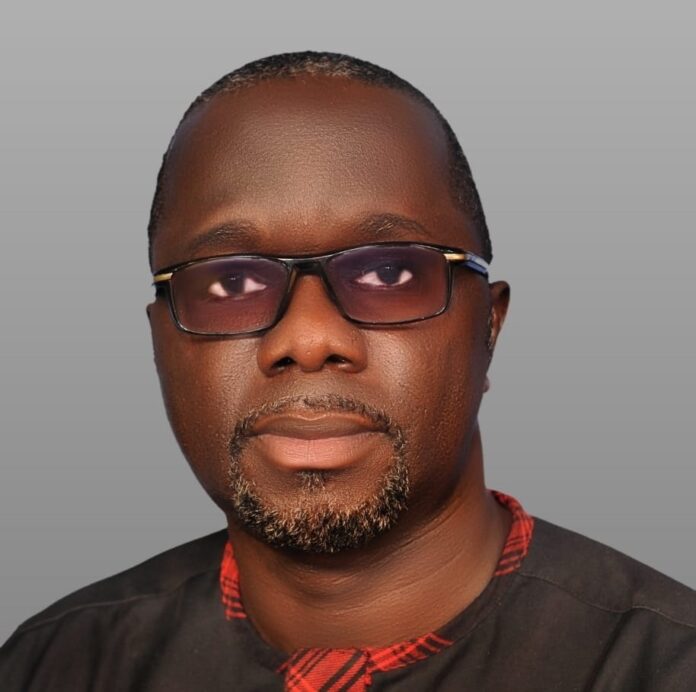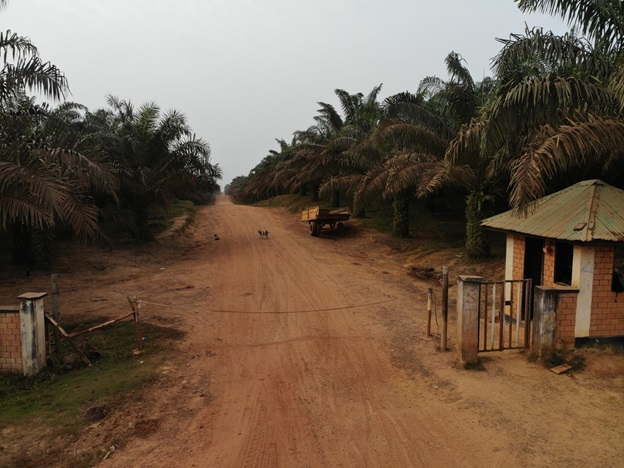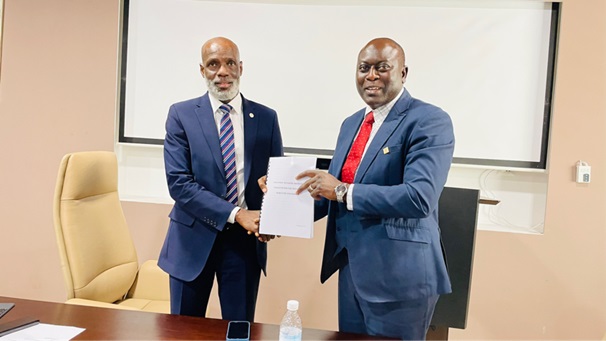By Olando Testimony Zeongar
MONROVIA – The Chairman of the University of Liberia (UL’s) Department of Communication and Media Studies, Mr. Euriahs M. Togar, has disclosed that he’s worried over what he calls rising partisan journalism and media ownership by Liberian politicians.
The UL Department of Communication and Media Studies’ chair, who fell short of disclosing neither the names of those in the practice of partisan journalism, nor politicians who are owners of media houses in the country, in a World Radio Day message to Liberians, wrote on his official Facebook handle that it is becoming increasingly worrisome how the noble journalism profession that was once highly respected and trusted by citizens, has been sadly hijacked by those he described as rogue-practitioners, impostors, and “commentators,” who he accused of flaunting the profession’s ethics.
He added that others who have also hijacked the practice of journalism in the country are those he referred to as capitalists, who he accused of caring more about profit than being socially responsible and accountable to society.
“The profession that indiscriminately gave voice to citizens and served as the fulcrum of our democracy and peace has been sadly hijacked by rogue practitioners, impostors, “commentators” who flaunt the profession’s ethics, and capitalists who care more about profit than being socially responsible and accountable to society,” Mr. Togar maintained.
Mr. Togar, who holds a Master of Science in Communication and Information Sciences from Tilburg University in The Netherlands, bemoaned rising partisan journalism and media ownership by politicians, which he indicated, potentially undermine media independence and good (radio) journalism, and also threaten Liberia’s fledgling democracy and the peace of the country – circumstances which he noted are reasons for concern.
In an apparent reference to the leadership squabble over an electoral dispute at the Press Union of Liberia (PUL), Mr. Togar observed that even worse is the current internal wrangling among journalists themselves, a situation he believes is presenting vulnerabilities that can and will certainly be exploited by power-hungry politicians.
“These are sufficient causes for worry as we head to critical elections in few months, a time when dependence on the radio for credible news and information to make informed decisions can be expected to get stronger,” he indicated.
Expatiating on the topic: “Radio and peace in Liberia”, the UL Department of Communication and Media Studies chair noted that radio remains the most popular and important medium for news and information, adding that its reach is far when compared to other news sources like television and newspaper.
“The mobility of radio, as a result of digitization (especially the mobile phone), reinforces radio’s reach, importance, and power,” he wrote, indicating that not only are people informed through radio, they form opinions and beliefs, and adopt attitudes and behaviors from the radio.
“In other words, radio is a powerful tool with the potential to build or tear down, depending on user and intent,” he emphasized, noting, ”With this in mind, rising partisan-journalism and media ownership by politicians, which potentially undermine media independence and good (radio) journalism, and also threaten our democracy and peace, are reasons for concern.”







